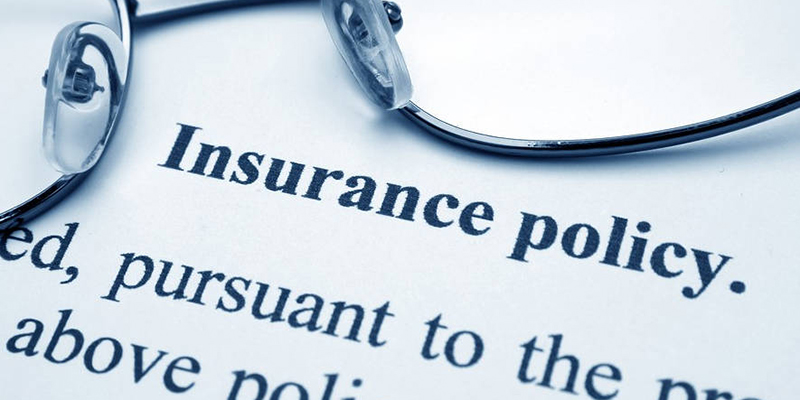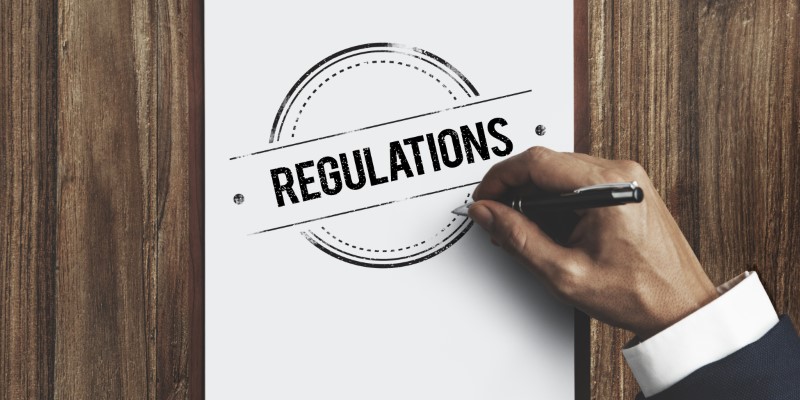Why Understanding Your Policy's Fine Print Is Crucial
Most people need to dive into the fine print regarding insurance. The document is long, often stuffed with legal language, and not the most exciting read. But hidden within that text are details that could make or break your financial well-being in a crisis. Understanding the fine print of your policy isn't just a nice-to-have; it's a must. This article will explain why paying attention to the delicate print matters and what you should watch out for.

Surprises Arent Always Good: Hidden Clauses Can Hurt You
One of the main reasons why understanding the fine print is crucial is the presence of exclusions, limitations, and hidden clauses. Insurance policies often contain specific circumstances where coverage is limited or outright denied. For example, a health insurance policy may exclude coverage for pre-existing conditions or limit how much it will cover for specific treatments. If you need to be made aware of these exclusions, you could be hit with unexpected out-of-pocket expenses.
Let's say you're buying travel insurance, and you assume it covers any medical emergency while abroad. It would help to realize that the fine print doesn't cover high-risk activities like scuba diving or rock climbing. If you have an accident while engaging in these activities, your policy won't help, leaving you with hefty bills.
Knowing What You Paying For
Insurance policies come with premiums that can feel like a never-ending expense. The fine print often explains precisely what you're paying for. But if you skip over it, you might miss critical details about what's included in your coverage and what needs to be added. This could lead to paying for a policy that doesn't meet your needs or, worse, one that charges for services you didn't even know you were covered.
For example, in a home insurance policy, you might assume your entire property is covered. However, the fine print might state that expensive electronics or jewellery require separate riders or add-ons. You need to know this to ensure you're fully protected when, in reality, significant parts of your property aren't insured.
Avoiding Disputes And Denied Claims
Denied claims are one of the most frustrating experiences when dealing with insurance. Many people only skim through the main features of a policy, missing crucial conditions that can cause problems down the line. When a claim is denied, it's often due to something outlined in the fine print that the policyholder overlooked. This could be as simple as not reporting an incident within a specific time frame or not meeting a clearly stated deductible.

For instance, car insurance policies often have requirements for the conditions under which they will cover damage. The fine print might specify that your claim will be denied if the car was used for commercial purposes during the incident. If you're unaware of such specifics, you might end up in a dispute, facing delays or complete denial of your claim.
Understanding The Waiting Periods And Policy Limits
Another critical aspect hidden in the fine print is the waiting period and policy limits. For example, health insurance might have a waiting period before certain coverages kick in, like maternity benefits or coverage for pre-existing conditions. These waiting periods are often overlooked but can significantly impact your coverage when needed.
Policy limits are also essential. These are the maximum amounts your insurance will pay out in a claim. If your policy has a low limit for property damage or medical expenses, and you must be aware of it, you could be underinsured. Reading the fine print helps you identify these limits to decide whether the policy is right for you.
Keeping An Eye On Renewal Terms
Insurance policies typically renew annually; the terms can change during each renewal. The fine print often contains important information about how and when your policy is renewed, what changes could be applied, and what actions you must take if you disagree with the new terms.
For instance, your health insurance renewal might come with increased premiums or reduced benefits that weren't part of the original deal. These changes are usually buried in the fine print, and you need to review them to avoid being caught off guard by a higher bill or unexpected limitations in your coverage. By staying on top of these details, you can take proactive stepslike shopping around for a new policy or negotiating better termsbefore you're locked in.
The Importance Of Cancellation Policies
Most insurance policies include cancellation terms, but they're only sometimes straightforward. Some policies have penalties if you cancel early, while others require a specific notice period. Understanding these terms can save you money and hassle if you're planning to switch providers or cancel your coverage.
For example, in a life insurance policy, the fine print might specify that if you cancel within the first few years, you'll lose a significant portion of the premiums you've already paid. In another scenario, a travel insurance policy might require that cancellations be made within a specific time frame for a refund. Still, this timeframe is often buried deep in the fine print.
Customizing Your Policy With Riders And Endorsements
Riders and endorsements are add-ons that allow you to customize your policy. However, these are usually explained in detail within the fine print. You could miss out on valuable coverage options if you are unaware of what's available or how these additions work.
For instance, if you have a life insurance policy, add a critical illness rider that pays out if you're diagnosed with a severe condition. However, the specific conditions this rider covers are usually listed in the fine print. Understanding these details helps you choose the right add-ons to protect yourself and your loved ones fully.
Conclusion
While reading the fine print might feel tedious and time-consuming, it's a small investment that can prevent significant financial headaches. By fully understanding your policy's terms, you ensure that you're adequately protected, won't be blindsided by exclusions, and can avoid disputes over denied claims.
Ultimately, the fine print isn't just about covering the insurer's backit's also about protecting you. Ensure you know precisely what your policy does and doesn't cover so you can face life's uncertainties confidently.




